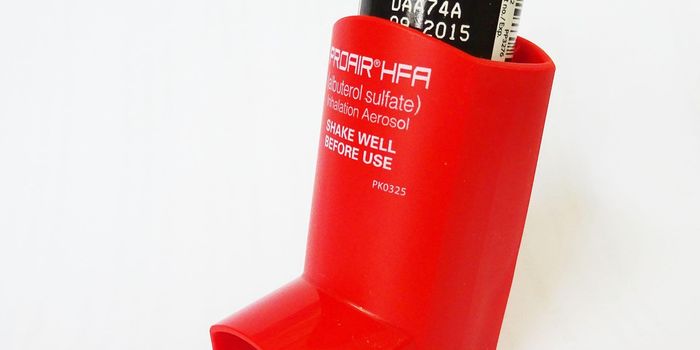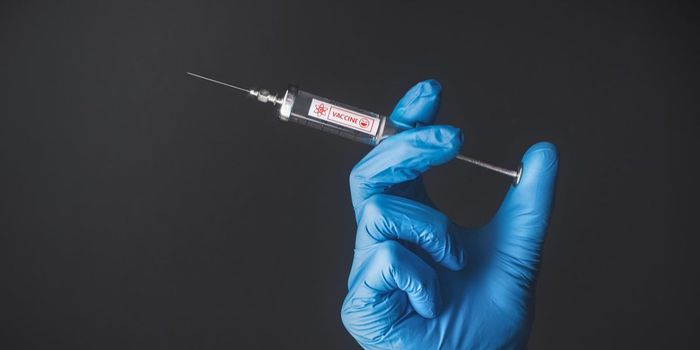American Association of Immunologists Created an Open Science Forum for the Public
The continual release of new apps and platforms that make use of artificial intelligence (AI) has had positive impacts on society, as well as healthcare. Specific information can be quickly found and is easily accessible. The ability to ask a question and get an answer within seconds online was not thought to be possible one-hundred years ago. Additionally, news channels and social media pages also serve as avenues to collect information and update individuals on the latest breakthroughs and news stories. However, the constant influx of information can have negative effects. If not properly evaluated and communicated, the information gotten from these various sources can lead to misinformation and public distrust.
Misinformation about science can lead to detrimental effects on society and cause outbreaks in disease. Misinformation is defined as the false information that is incorrect based on available evidence. Unfortunately, medical misinformation and science distrust has occurred throughout history. The development of the first printing press in the 1400s allowed for standardized delivery of information throughout Europe. As a means to effectively communicate news, ideas, and others, the printing press would inform the public on various issues. Consequently, it published on home remedies to combat the black plague that took place in the 17th century. While good intentioned, some home remedies were not scientifically sound or based on hypothesis-driven research. Not only was misinformation spread, but the authority publishing these articles was called into question.
While distrust about science has ebbed and flowed throughout history, heightened uncertainty has spiked since the COVID-19 pandemic. Science has not only been called into question, but the scientific method by which researchers based their conclusions has also been criticized. As a way to stop misinformation and regain trust in the public eye, the American Association of Immunologists (AAI) announced that they are launching a public communication initiative to connect people with clear, science-based information about the immune system and medicine. The project is called “Immunology Explained” and has been created in response to the lack of scientific rigor and research-based medical information in the news.
Immunology Explained will cover various topics related to immunology to counter trends of false claims in science. Consequently, AAI plans to offer accessible and engaging content across various news and social media platforms. AAI is an international organization with pioneers and giants in the field of immunology. Its members have been responsible for significant biomedical discoveries over the last century, specifically in immunotherapies, surgical technology, and vaccines.
AAI hopes to make immunology understandable with daily insight for families, caregivers, policy makers, and all those interested in immunity. To ensure correct information is provided, Immunology Explained is backed by research and evaluated by expert immunologists. This science communication platform is a part of AAI’s strategic goal to defend science and correct false claims. AAI also hopes to regain public trust in science and empower individuals to make confident health decisions for themselves and their loved ones. The Immunology Explained initiative provides the public with a deeper understanding of immune health, promotes healthcare interest, and can help individuals live healthier lives.








